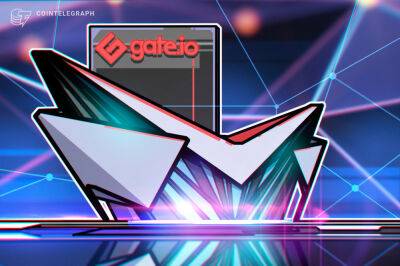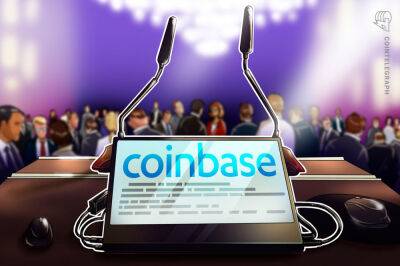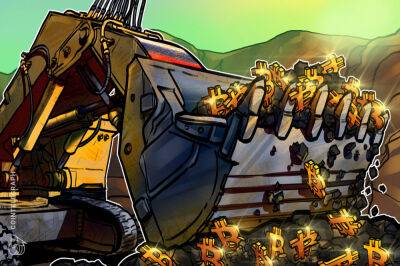Almost nine in 10 British adults say their living costs are rising
Almost 90% of British households reported an increase in their cost of living last month as they were hit by escalating fuel, food and borrowing costs.
Heaping further pressure on Rishi Sunak to increase his support for those on low and middle incomes, the Office for National Statistics said a quarter of all those in its survey were struggling to pay their bills and 17% had turned to loans or borrowing on credit cards to make ends meet.
Debt charities and anti-poverty campaigners said the figures, which cover the last two weeks of March, were a shocking reminder that this year households face the biggest cut in their living standards since the 1950s.
Jack Leslie, a senior economist at the Resolution Foundation thinktank, said the combination of shrinking pay packets and rising costs meant that the pressure on households was building. The ONS data was collected even before households felt the impact of April’s cost of living rises, when the cap on household energy bills went up by 54% and national insurance contributions increased by 1.25 percentage points.
The ONS said that while rising bills affected most households across the country, “they are more likely to disproportionately affect those in the most deprived areas”.
More than a third of the most deprived fifth of households in England had found it difficult or very difficult to pay their usual bills.
“This [situation] is set to get worse, with the estimated number of households experiencing fuel stress hitting 5 million this month,” Leslie said.
“Going forwards, the government must do it all it can to protect those who will be hardest hit – with support for low-income households a priority.”
Inflation soared to its highest level in 30 years in March, driven by the rising
Read more on theguardian.com
